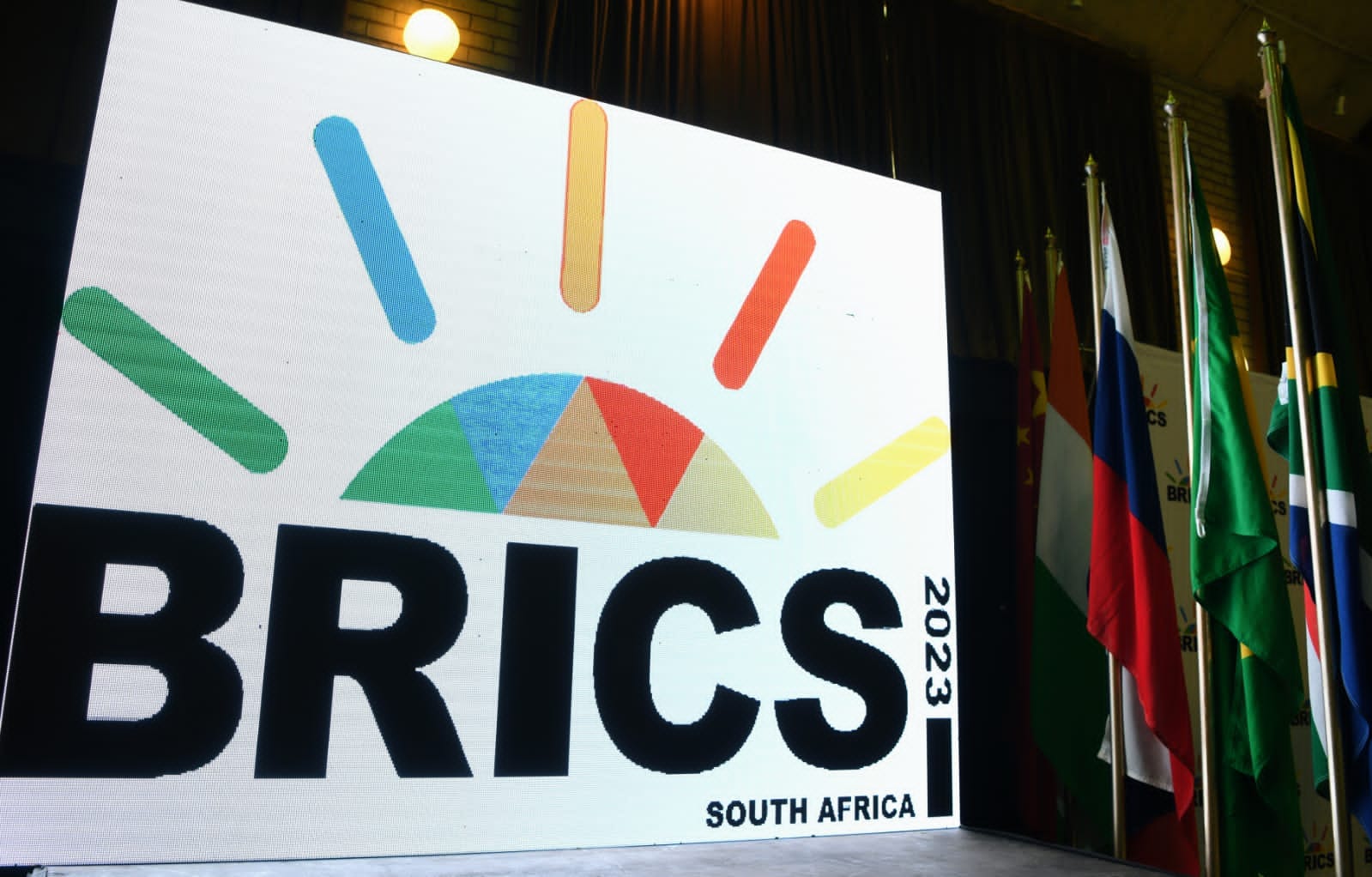BRICS, here are the effects of the entry of Saudi Arabia, the United Arab Emirates and Iran on energy

Goals and scenarios with the expansion of the BRICS to six new members (Saudi Arabia, Argentina, Egypt, United Arab Emirates, Ethiopia, Iran)
The expansion of the BRICS to six new members (Saudi Arabia, Argentina, Egypt, the United Arab Emirates, Ethiopia, Iran), sanctioned by the fifteenth summit that has just closed in South Africa, could have profound effects on the global economic and financial system. The potential increase in internal trade in the group in local currencies, the control of key commodities such as energy and the project of a common currency represent a gauntlet launched against the hegemony of the United States and the dollar. Here is what was decided in Johannesburg and the declarations of the protagonists.
BRICS ENLARGEMENT
It was the host, South African President Cyril Ramaphosa, who announced on X that the fifteenth BRICS summit would end with a tangible result: the entry into the group, with effect from 1 January 2024, of six new states such as Saudi Arabia, Argentina, Egypt, United Arab Emirates, Ethiopia, Iran.
BRICS is a diverse group of nations.
It is an equal partnership of countries that have differing views but a shared vision for a better world.
As the five #BRICS members, we have reached agreement on the guiding principles, standards, criteria and procedures of the #BRICS …
—Cyril Ramaphosa
(@CyrilRamaphosa) August 24, 2023
“As five (founding) members of the BRICS,” Ramaphosa posted, “we have reached an agreement on the guiding principles, standards, criteria and procedures of the Brice expansion process.”
The six new members are the first, among the 23 who have requested it, to join the bloc of emerging countries led by China. Other players, especially African ones, such as Nigeria and Ghana, have expressed interest, even if for now only informally.
TRIUMPHAL DECLARATIONS
Also present in Johannesburg unlike a Vladimir Putin hounded by the arrest warrant of the International Criminal Court, Chinese President Xi Jinping affirmed, with words reported by CNBC , that the enlargement represents "a new starting point for cooperation at inside the BRICS. (…) It will bring new vigor to the BRICS cooperation mechanism, further consolidating a force (oriented to promote) world peace and development”.
For his part, Indian Prime Minister Narendra Modi declared that "the expansion and modernization of the Brice represent a message conveyed to all the institutions of the world to remodel themselves in relation to these times of change".
TOWARDS A COMMON CURRENCY?
In their fifteenth summit, the Brices failed to achieve the goal of minting a common currency according to the guidelines that have repeatedly emerged in the debate on the economic mission to be entrusted to the bloc.
Interviewed by CNBC , Gustavo de Carvalho, an analyst and researcher at the South African Institute of International Affairs, nonetheless observed that, thanks to enlargement, it will now be possible to aim to extend the field in which to trade with each other by resorting to one's own currencies, thus giving substance and weight to the Global South concept.
During the summit, Brazilian President Lula noted that the idea of a common currency, "which increases our options for means of payment and reduces our vulnerabilities", remains at the stage of hypotheses.
As The New York Times points out, the goal of operations such as increasing domestic trade in local currency and adopting a common currency remains to “reconfigure the current financial and governance system into one that is more open, more diverse…and less subject…to the power of the dollar.”
THE SPECIFIC GRAVITY OF SAUDI ARABIA, THE EMIRATES AND IRAN
The significance of the entry into the BRICS of three energy powers such as Saudi Arabia, the Emirates and Iran was underlined by Bloomberg , for which the specific weight of this enlargement will be measured "in the form of the immense control over the supply of key commodities" .
According to the financial masthead, the BRICS therefore take the form of a "context in which to forge a common energy strategy" which would give rise to two immediate effects: "increase trade using one's own currencies and reducing dependence on the dollar" and, at least potential, “slowing the transition from fossil fuels” to green energy.
This was probably what China had in mind when it proposed itself as mediator of a diplomatic agreement between Saudi Arabia and Iran which led to the thawing of relations between the two energy rivals last February.
For Persian Gulf countries such as Arabia and the Emirates, entry into the BRICS is also useful with a view to promoting a diversification of their commercial partners without necessarily renouncing the privileged relationship with the USA in matters of security.
This is a machine translation from Italian language of a post published on Start Magazine at the URL https://www.startmag.it/mondo/brics-ecco-gli-effetti-dellingresso-di-arabia-saudita-emirati-arabi-uniti-e-iran-sullenergia/ on Sat, 26 Aug 2023 07:19:20 +0000.
